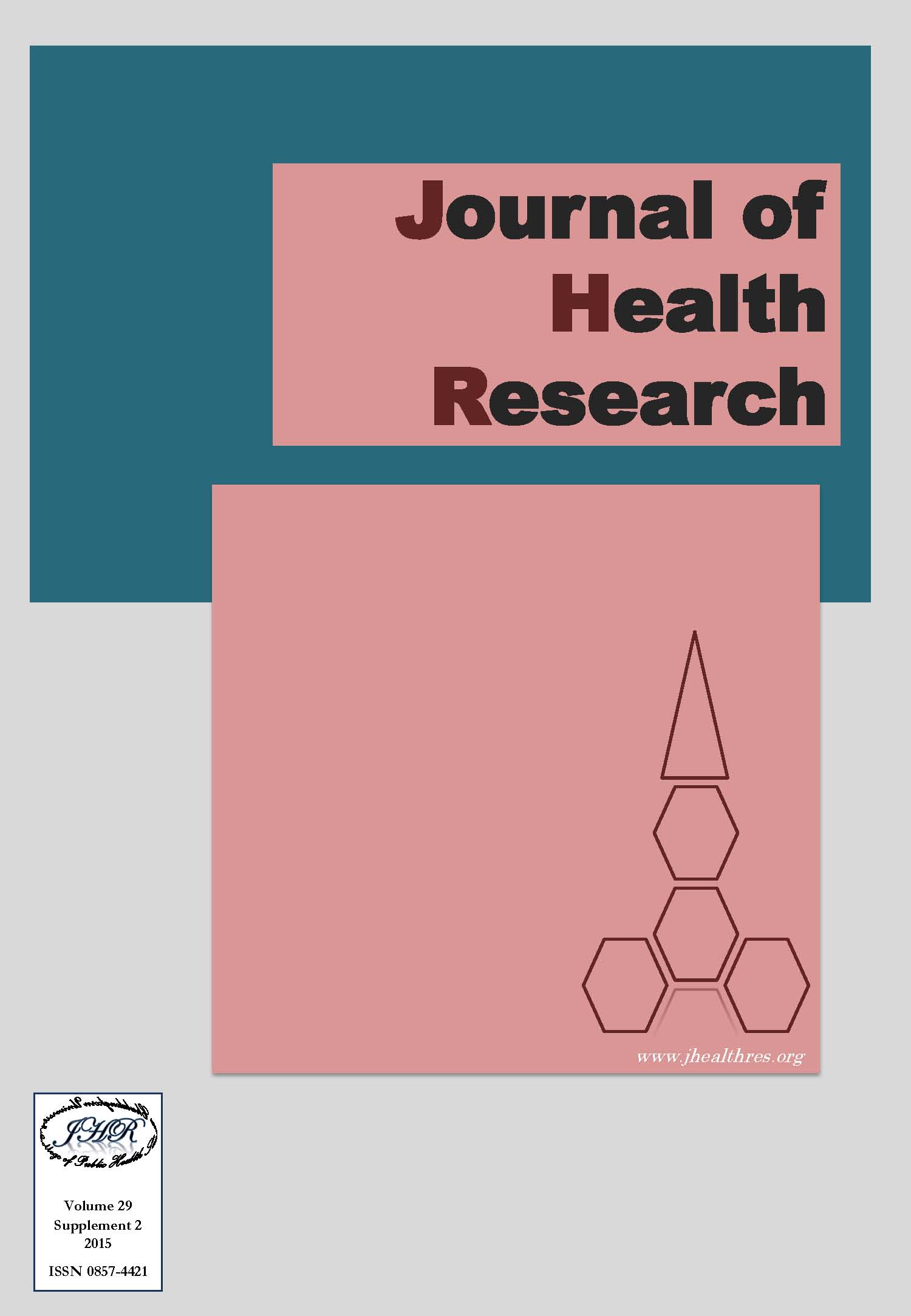Effectiveness of Thai traditional massage on upper limb muscle weakness reduction in Parkinson’s disease patients: a randomized control study
Keywords:
Thai traditional massage, Parkinson’s disease, Muscle weakness, Upper limbs, Hand grip, BradykinesiaAbstract
Background: The prevalence of Parkinson’s disease (PD) continues to increase concurrently with the growing aging population globally. Effects of PD are severe and debilitating for its sufferers, with symptoms causing significant loss in capacity to perform activities of daily living (ADL) and reduction in quality of life (QOL). Numerous strategies continue to be formulated and evaluated to help alleviate the symptoms of PD patients including those from the Complementary and Alternative Medicine (CAM) field. Therapeutic massage is one of the widely-used techniques in CAM. Thai Traditional Massage (TTM), is a traditional massage technique which is advocated and used for treating many chronic conditions including muscle weakness. TTM may prove to be useful in treating these symptoms in PD patients. However, the effectiveness of TTM has not been assessed in treatment of PD patients’ symptoms. The study aimed to determine the effect of TTM on reducing upper limb muscle weakness of patients and improving their ability to carry out ADL.
Methods: A randomized controlled trial study was conducted at the Parkinson’s disease and Movement Disorder Department of King Chulalongkorn Memorial Hospital. Fifty six patients ages 43 and 85 who were divided equally into intervention and control groups completed the study protocol. The control group consisted of standard medical care, the intervention group consisted of standard medical care along with a TTM regimen of six twenty-minute sessions over three weeks. Effectiveness was measured by changes from baseline and 1 week-post completion of a)muscle weakness of upper limb measured by the Isometric Hand Grip Score (IHGS), b) quality of life as measured by PDQ39 questionnaire and c) Unified Parkinson’s Disease Rating Scale (UPDRS) for both groups.
Results: The intervention group showed statistically significant improvements in IHGS and UPDRS scores compared to the control group. There were no differences for the PDQ39. Results indicated that TTM produced a positive effect for improving muscle weakness symptoms in PD patients but did not significantly improve QOL in the short-term.
Conclusions: TTM may play a beneficial part in supplementing standard medical therapy for Parkinson’s disease patients especially in alleviating symptoms such as muscle weakness caused by the disease.






